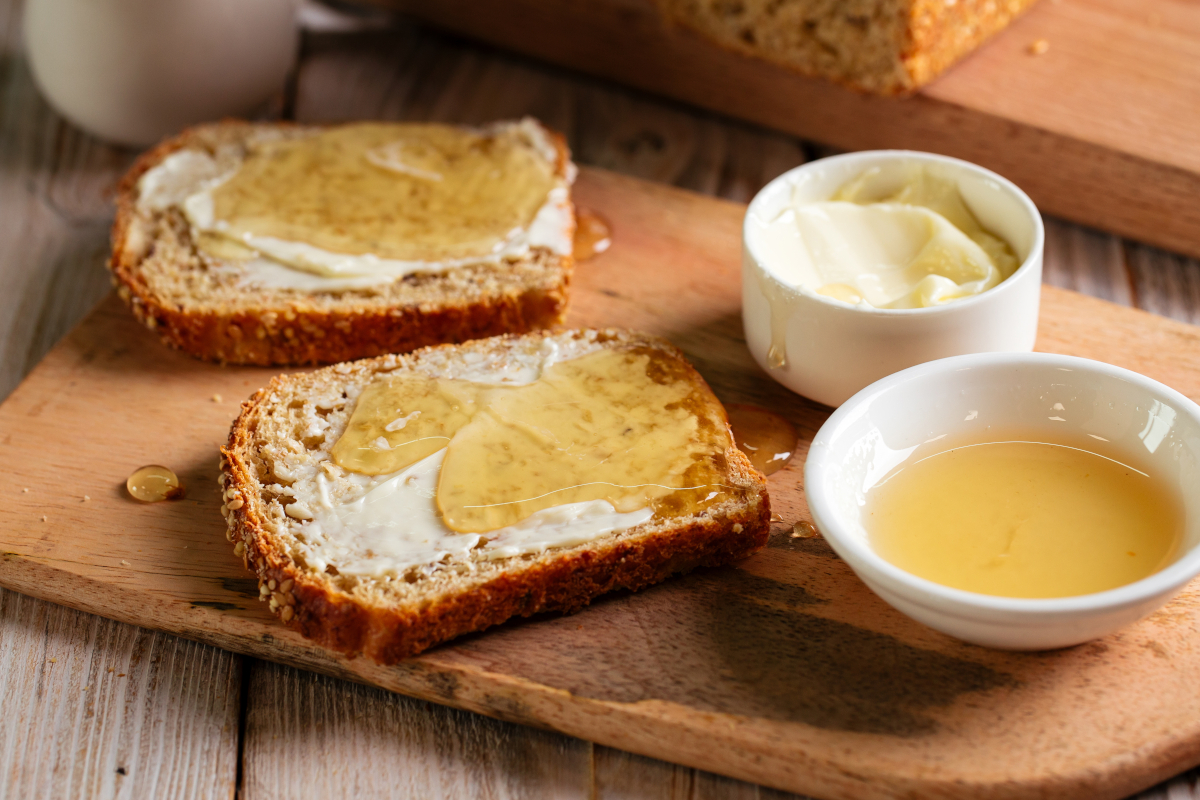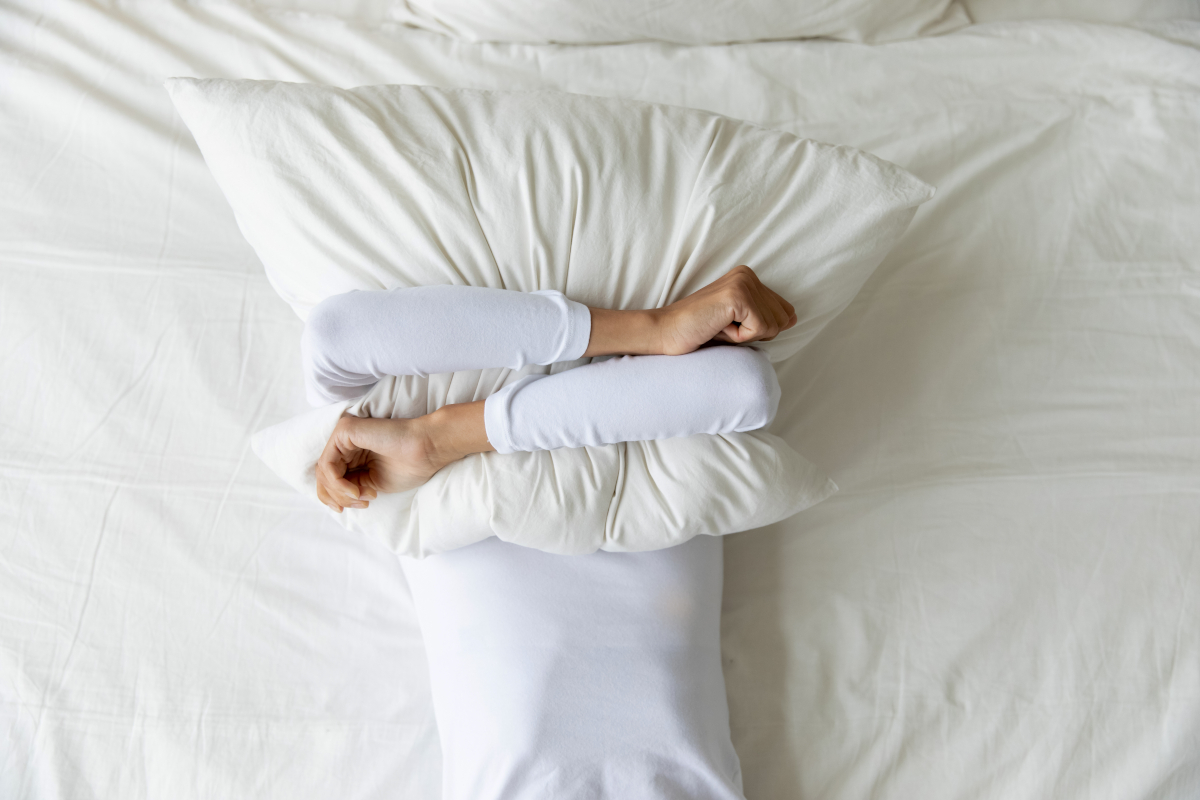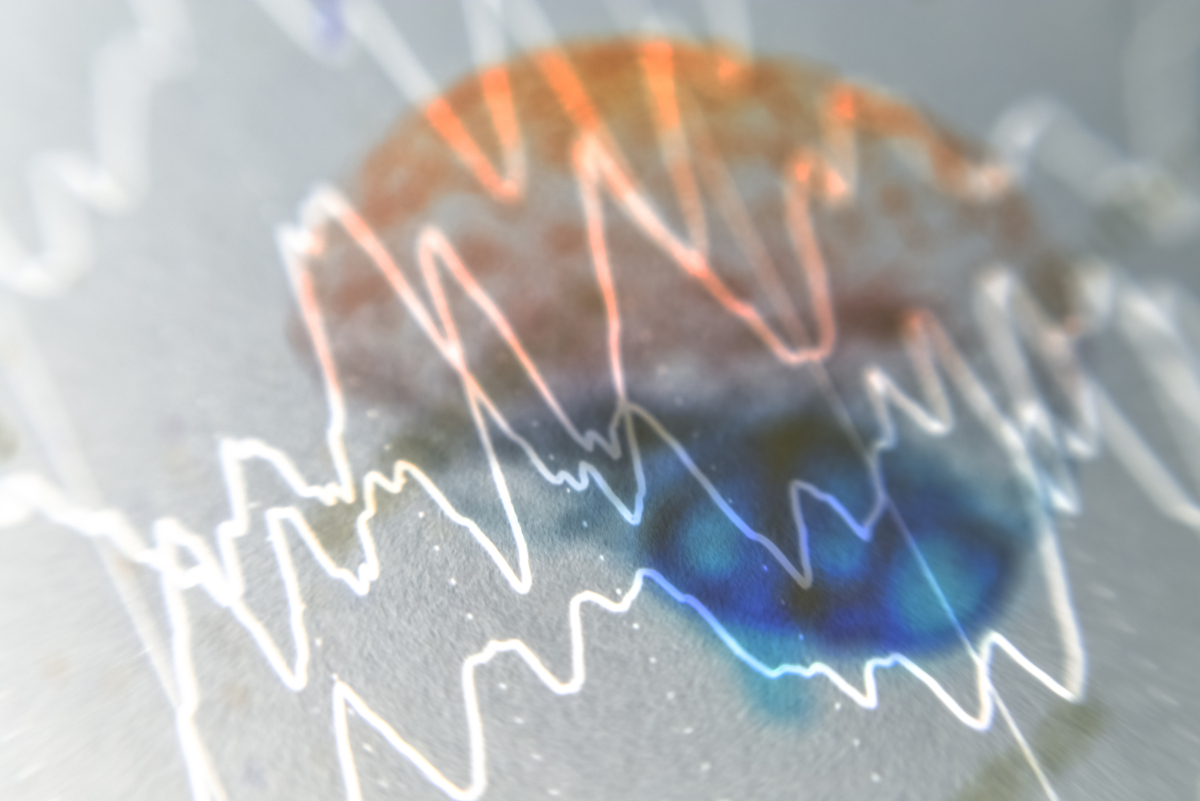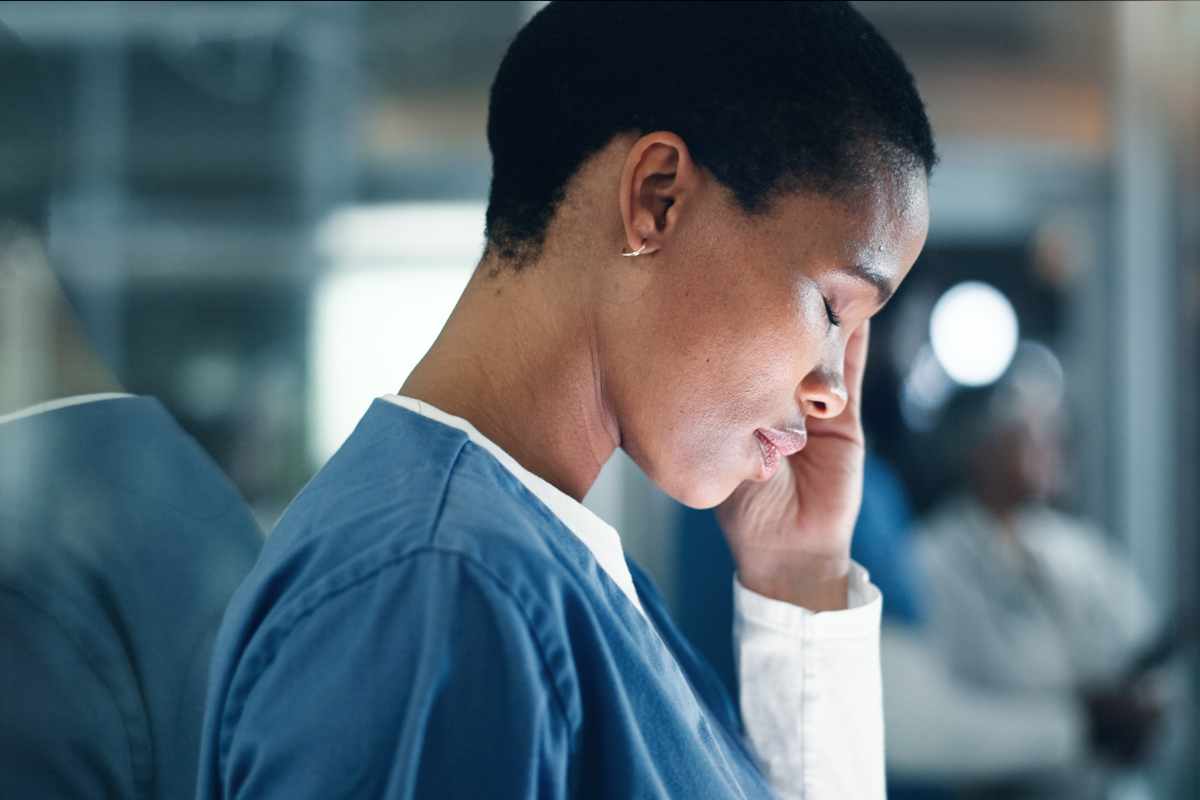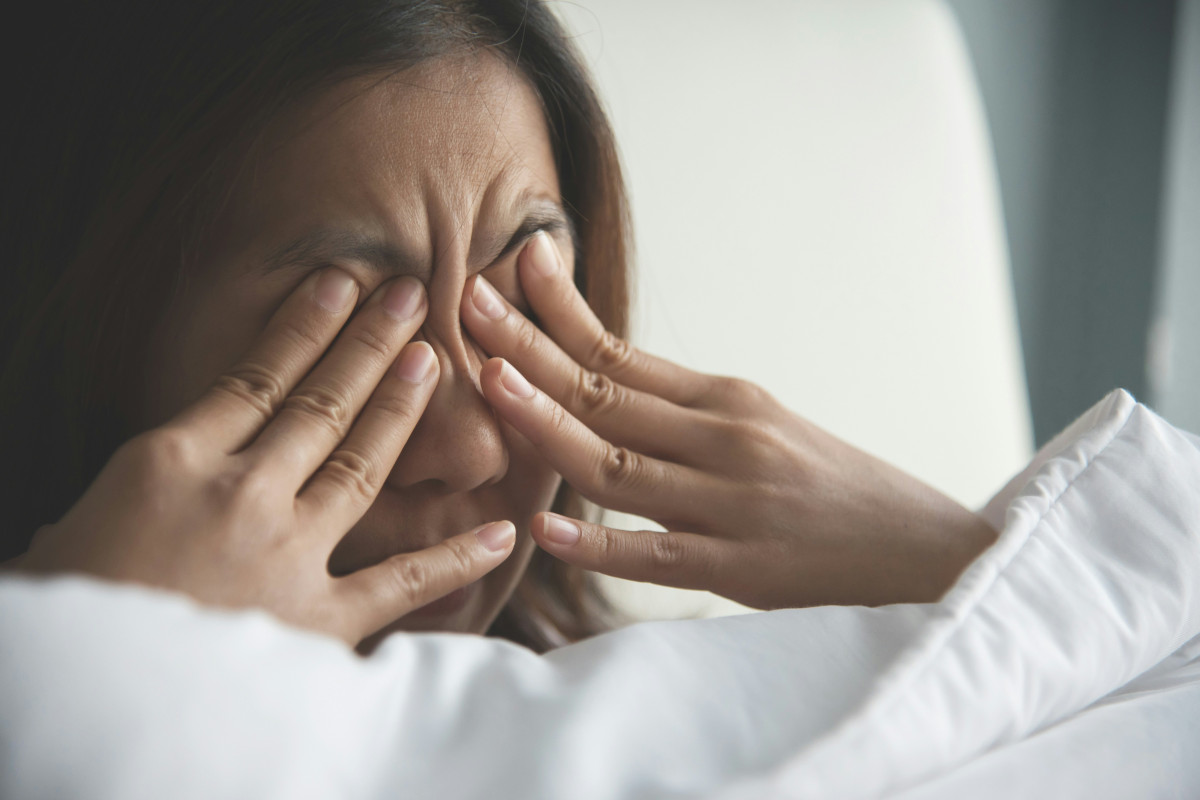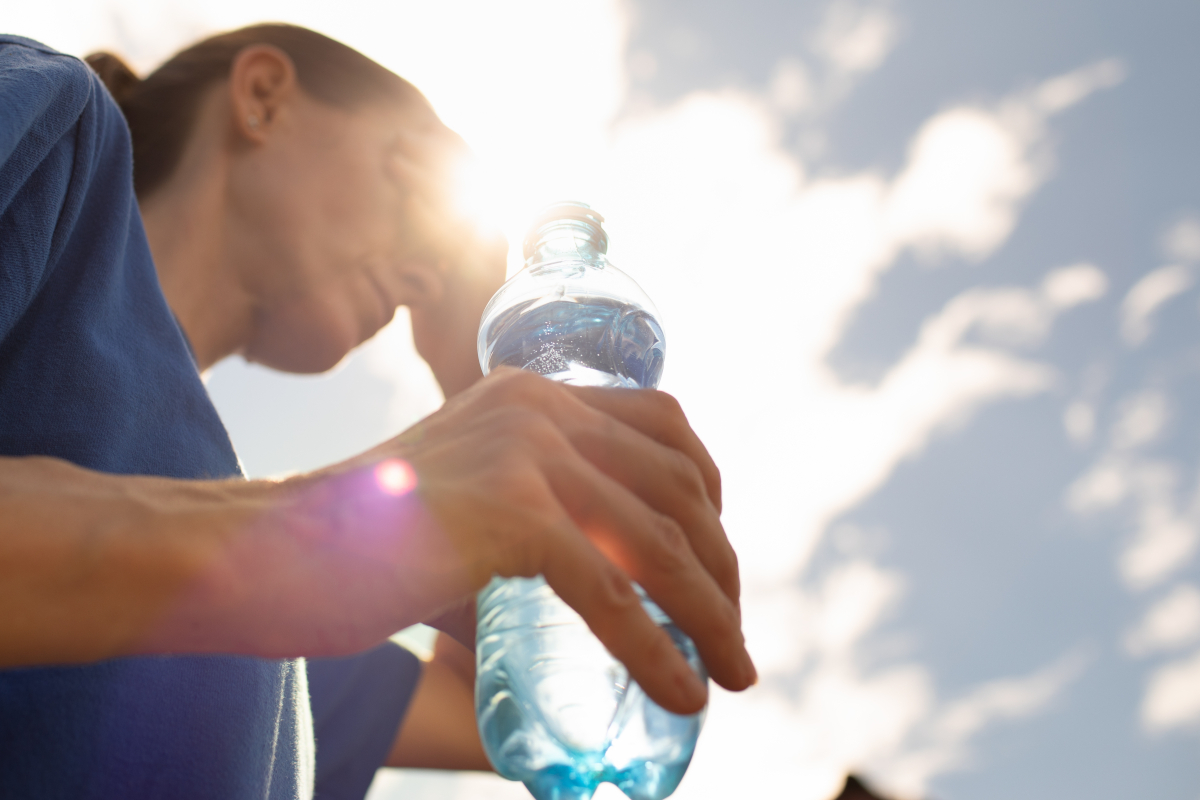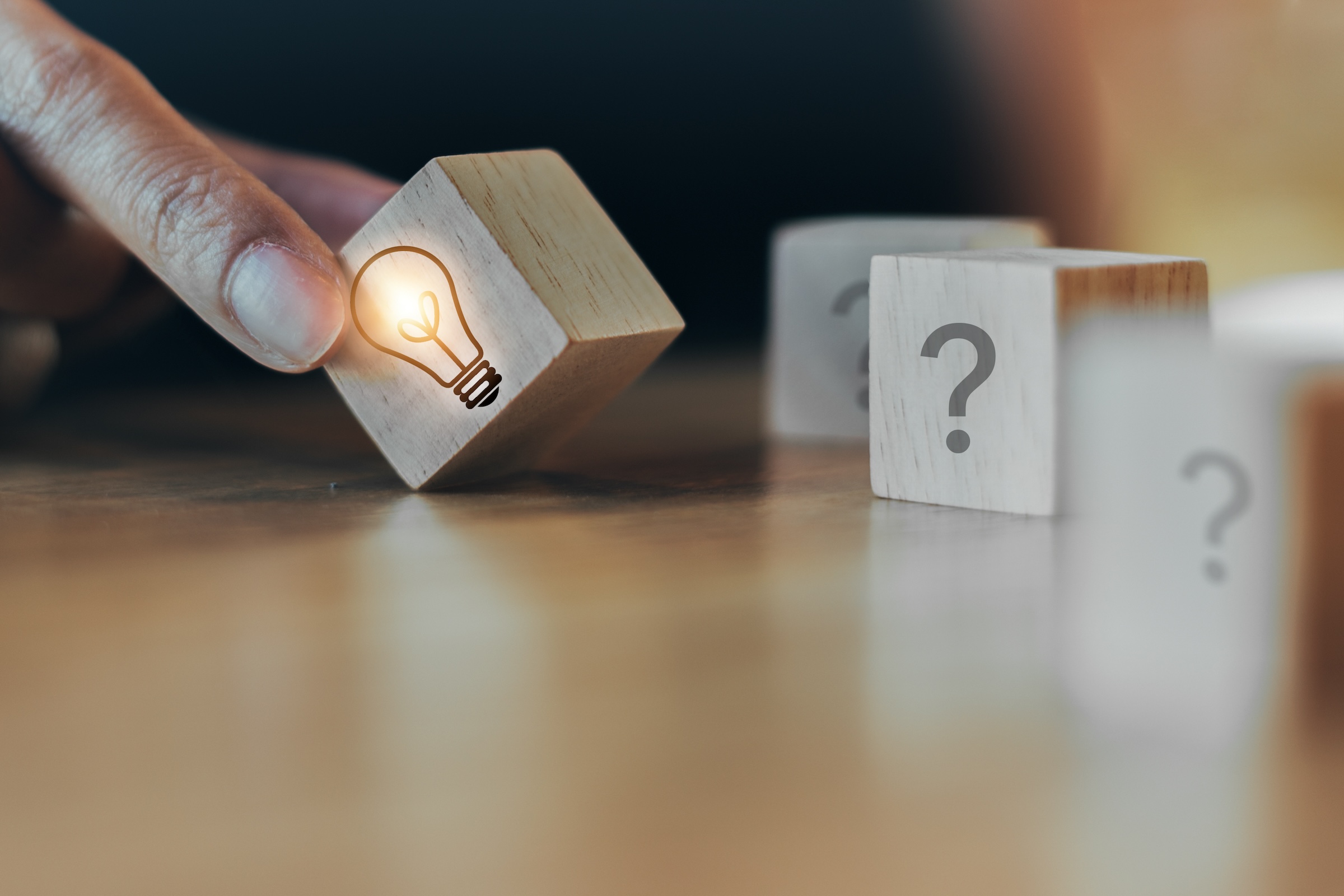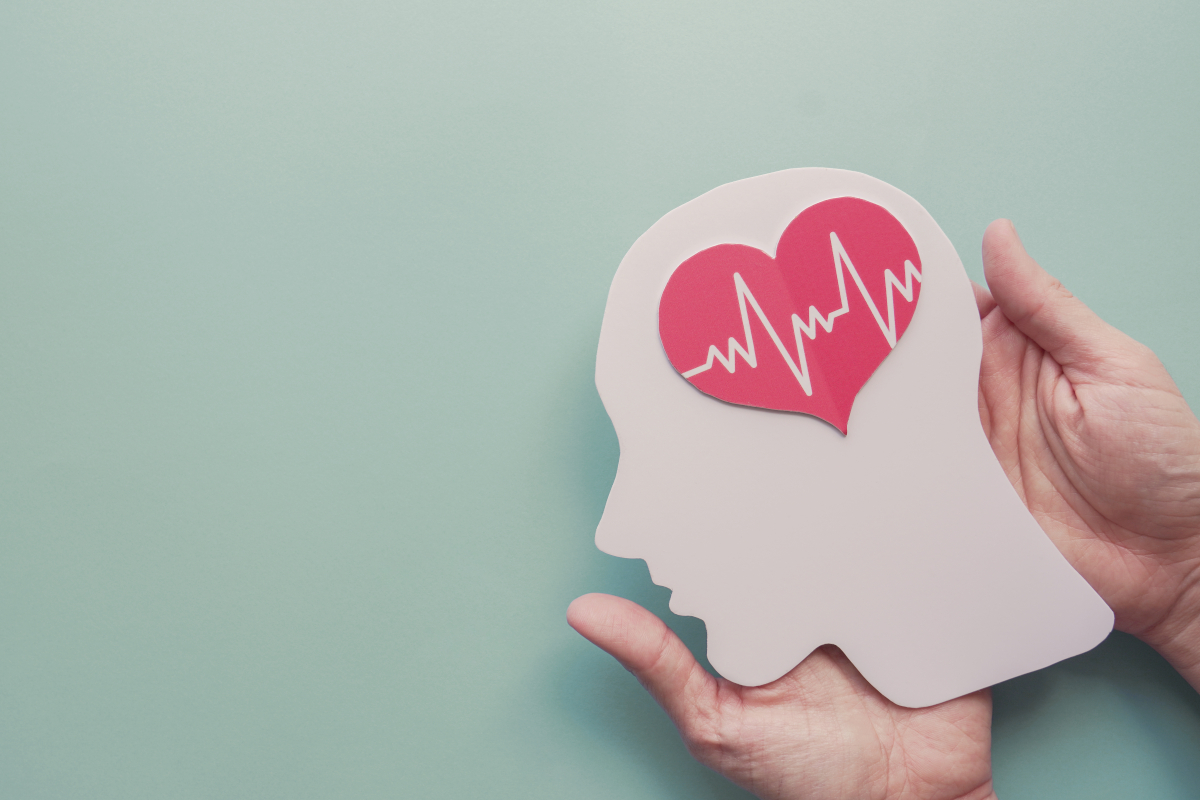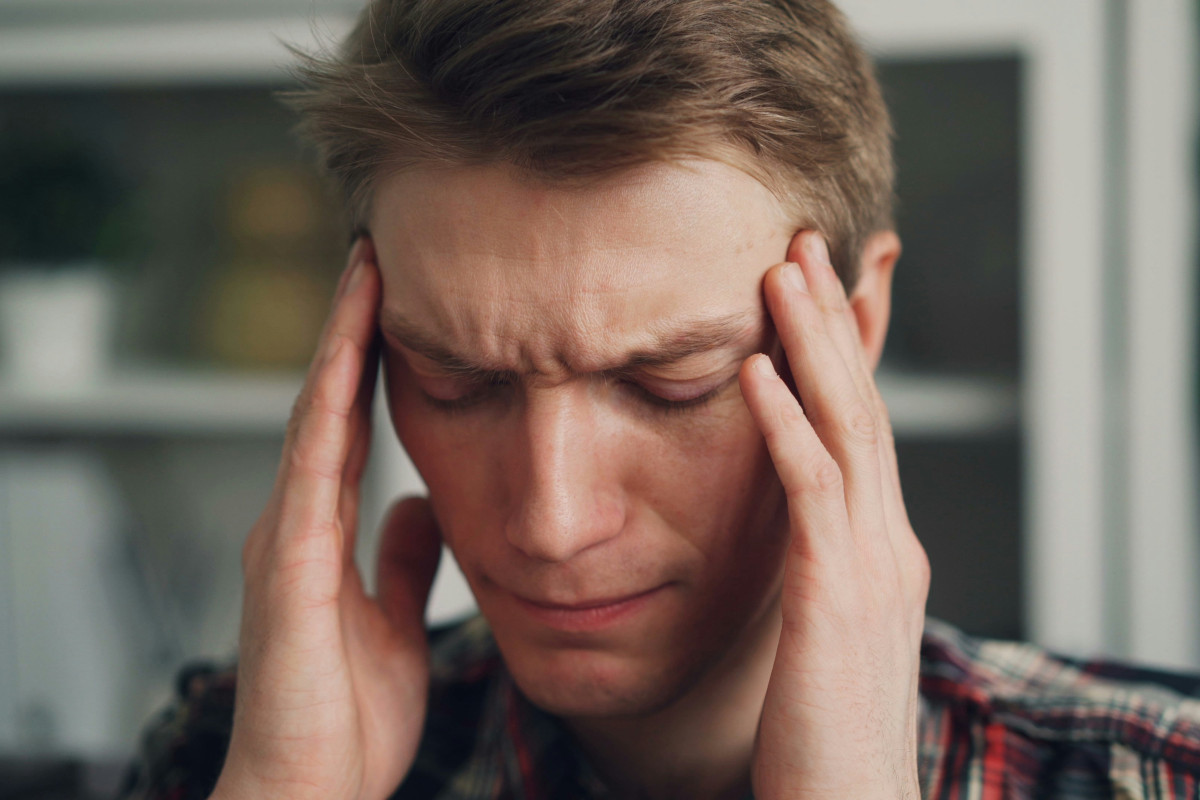Caffeine and headaches – what’s new?
We last discussed the different aspects of caffeine in its many forms in summer 2021. Now it’s time to see what the latest science says and get an update. Especially as regards headaches, the latest published research can help to refresh our understanding.
-
References
Charles A. The role of caffeine in headache disorders. Curr Opin Neurol. 2024 Jun 1;37(3):289-294. doi: 10.1097/WCO.0000000000001249. Epub 2024 Feb 7. PMID: 38327229.
Cho S, Kim KM, Chu MK. Coffee consumption and migraine: a population-based study. Sci Rep. 2024 Mar 12;14(1):6007. doi: 10.1038/s41598-024-56728-5. PMID: 38472388; PMCID: PMC10933282.
Edwards F, Bright M, Dux C, Coyer F, Laupland KB. Caffeine consumption and withdrawal among patients in the intensive care unit. Aust Crit Care. 2024 May;37(3):436-440. doi: 10.1016/j.aucc.2023.03.004. Epub 2023 Apr 27. PMID: 37120336.
Evans J, Richards JR, Battisti AS. Caffeine. 2024 May 29. In: StatPearls [Internet]. Treasure Island (FL): StatPearls Publishing; 2024 Jan–. PMID: 30137774.
Haag G, Diener HC, May A, Meyer C, Morck H, Straube A, Wessely P, Evers S; DMKG; DGN; OKSG; SKG. Self-medication of migraine and tension-type headache: summary of the evidence-based recommendations of the Deutsche Migräne und Kopfschmerzgesellschaft (DMKG), the Deutsche Gesellschaft für Neurologie (DGN), the Österreichische Kopfschmerzgesellschaft (ÖKSG) and the Schweizerische Kopfwehgesellschaft (SKG). J Headache Pain. 2011 Apr;12(2):201-17. doi: 10.1007/s10194-010-0266-4. Epub 2010 Dec 23. PMID: 21181425; PMCID: PMC3075399.
Jagim AR, Harty PS, Tinsley GM, Kerksick CM, Gonzalez AM, Kreider RB, Arent SM, Jager R, Smith-Ryan AE, Stout JR, Campbell BI, VanDusseldorp T, Antonio J. International society of sports nutrition position stand: energy drinks and energy shots. J Int Soc Sports Nutr. 2023 Dec;20(1):2171314. doi: 10.1080/15502783.2023.2171314. PMID: 36862943; PMCID: PMC9987737.
Lipton RB, Diener HC, Robbins MS, Garas SY, Patel K. Caffeine in the management of patients with headache. J Headache Pain. 2017 Oct 24;18(1):107. doi: 10.1186/s10194-017-0806-2. PMID: 29067618; PMCID: PMC5655397.
Lone A, Alnawah AK, Hadadi AS, Alturkie FM, Aldreweesh YA, Alhedhod AT. Coffee Consumption Behavior in Young Adults: Exploring Motivations, Frequencies, and Reporting Adverse Effects and Withdrawal Symptoms. Psychol Res Behav Manag. 2023 Sep 21;16:3925-3937. doi: 10.2147/PRBM.S427867. PMID: 37753214; PMCID: PMC10519208.
Sonestedt E, Lukic M. Beverages - a scoping review for Nordic Nutrition Recommendations 2023. Food Nutr Res. 2024 Apr 2;68. doi: 10.29219/fnr.v68.10458. PMID: 38571923; PMCID: PMC10989231.
Thuraiaiyah J, Erritzøe-Jervild M, Al-Khazali HM, Schytz HW, Younis S. The role of cytokines in migraine: A systematic review. Cephalalgia. 2022 Dec;42(14):1565-1588. doi: 10.1177/03331024221118924. Epub 2022 Aug 12. PMID: 35962530.
Thuraiaiyah J, Kokoti L, Al-Karagholi MA, Ashina M. Involvement of adenosine signaling pathway in migraine pathophysiology: a systematic review of preclinical studies. J Headache Pain. 2022 Apr 5;23(1):43. doi: 10.1186/s10194-022-01412-0. PMID: 35382738; PMCID: PMC8981838.
Thuraiaiyah J, Kokoti L, Al-Karagholi MA, Ashina M. Involvement of adenosine signaling pathway in migraine pathophysiology: A systematic review of clinical studies. Cephalalgia. 2022 Jul;42(8):781-792. doi: 10.1177/03331024221077665. Epub 2022 Mar 18. PMID: 35301855.
Whiting J, Kilgour P. BET 2: Caffeine as an analgesic adjunct in tension-type headache and migraine. Emerg Med J. 2021 Aug;38(8):655-656. doi: 10.1136/emermed-2021-211807.3. PMID: 34449436.
Wierzejska RE, Gielecińska I. Evaluation of the Caffeine Content in Servings of Popular Coffees in Terms of Its Safe Intake-Can We Drink 3-5 Cups of Coffee per Day, as Experts Advise? Nutrients. 2024 Jul 23;16(15):2385. doi: 10.3390/nu16152385. PMID: 39125266; PMCID: PMC11314177.
Zduńska A, Cegielska J, Zduński S, Domitrz I. Caffeine for Headaches: Helpful or Harmful? A Brief Review of the Literature. Nutrients. 2023 Jul 17;15(14):3170. doi: 10.3390/nu15143170. PMID: 37513588; PMCID: PMC10385675.


